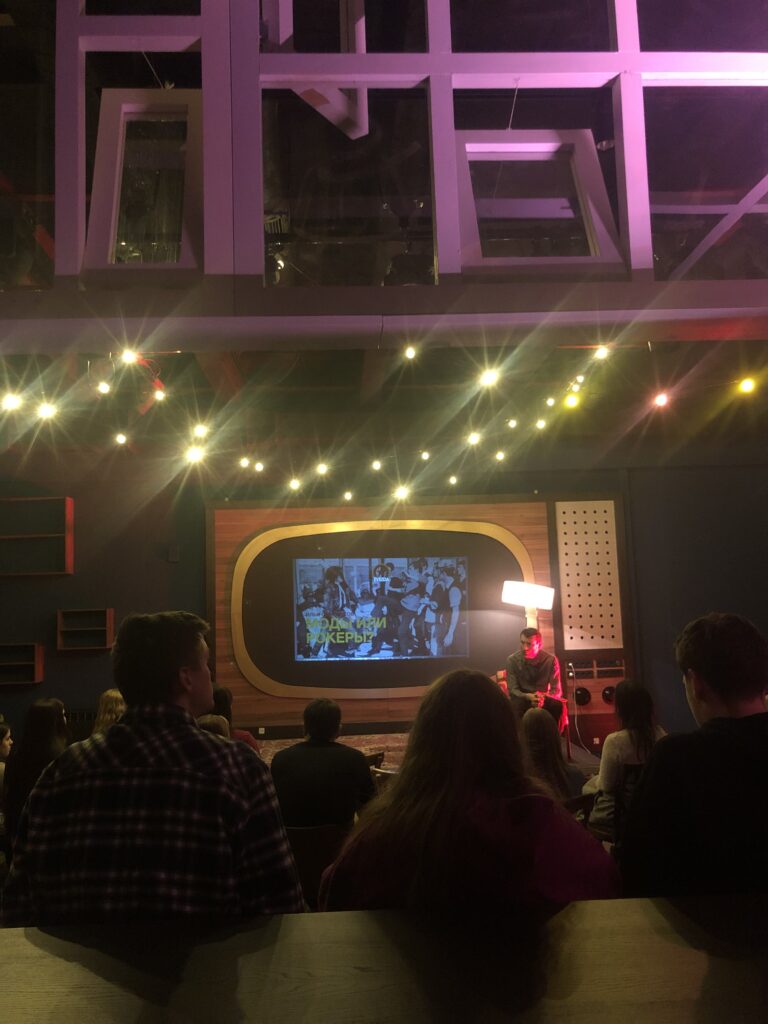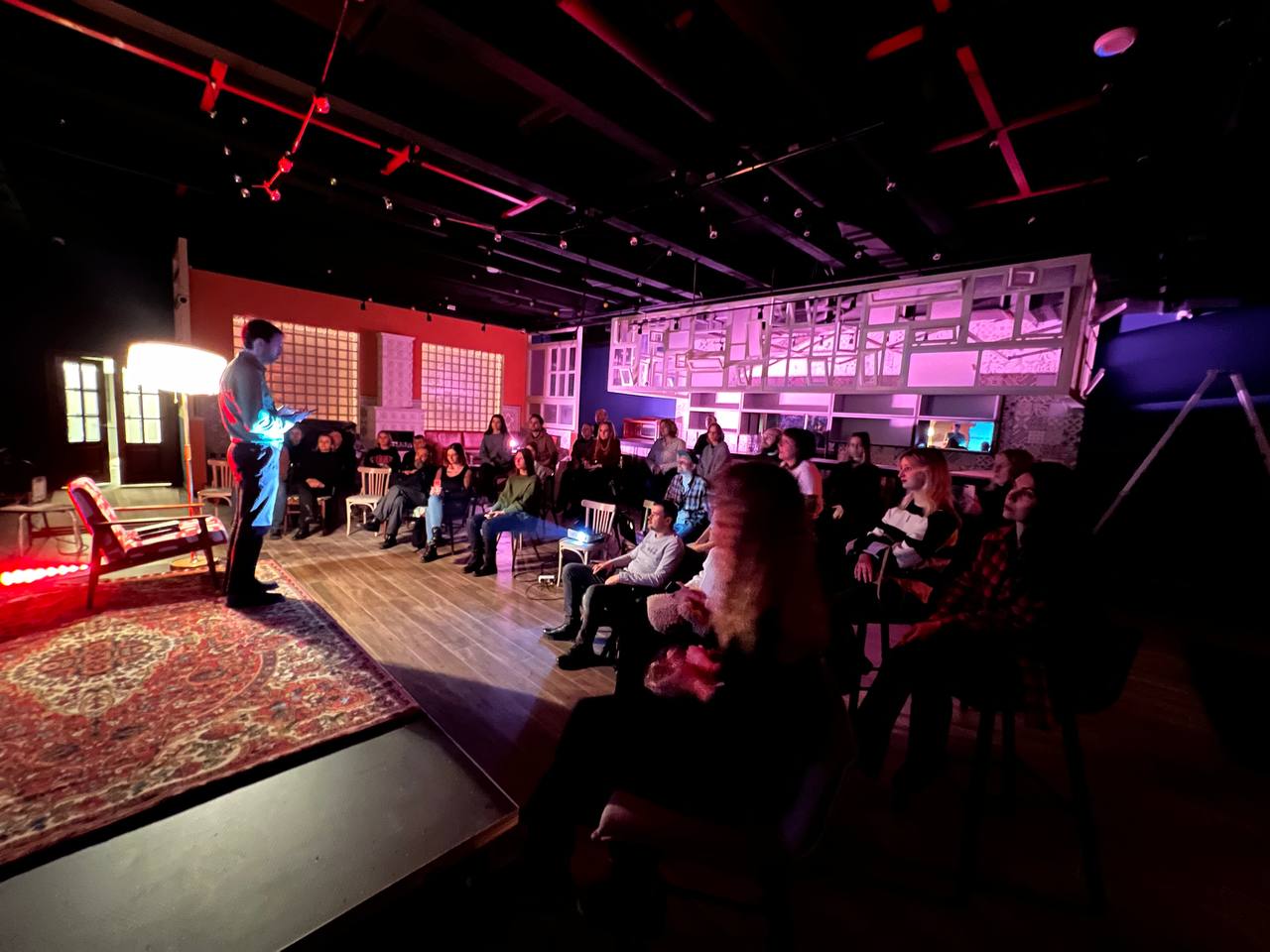Mods and Rockers (Public talk)
Public talk

The topic of confrontation between representatives of subcultures always arouses public interest. The period of development of subcultures coincides with the beginning of the rock and roll era and forms a direct connection with it. A subculture arises against the backdrop of dissatisfaction with established social norms and asserts itself as an autonomous environment closed from the majority. During the first decades of its existence, rock music was perceived by the older generation as something dangerous and even destructive, and its adherents as an element threatening the foundations of society. The word “rocker” originally had a negative connotation. The rocker subculture emerged in the 1950s and became one of the first subcultures directly associated with rock and roll. Although her name is etymologically derived from the name of a four-stroke motorcycle engine, and not from a style of music. A rocker is a working-class young man who rides a motorcycle and wears leather. His musical interests include rock and roll performers: Elvis Presley, Gene Vincent, Eddie Cochrane, etc. Over the years, this subculture has evolved and become more complex, but the main attributes of the external style (motorcycle and leather) have remained the same. The mod culture comes a little later. Mods have a neat appearance, wear Italian suits and prefer a scooter as a means of transportation. The fashions were interested in French “new wave” cinema, listened to modern jazz and were somewhat close to the spirit of English dandyism. Their motto is “accuracy and moderation.” The name of the mod itself comes from an abbreviation of the word “modernist”. In 1964, clashes occurred between mods and rockers in some English resort towns. There were no casualties in these battles, but the threatening publications of English newspapers raised such a moral panic that rockers and mods began to be seriously feared, and minor skirmishes became the basis of epic legends about the “war of mods and rockers.” In 1973, the group The Who, which sympathized with the mods, recorded a rock opera, Quadrophenia, dedicated to those events. In 1979, a film of the same name was made based on the rock opera. By that time, the mod subculture had already disappeared, but after the film it was revived and became part of mass culture. In the 1990s, some English rock musicians, such as Liam Gallagher from the band Oasis, used elements of mod culture in their image.

